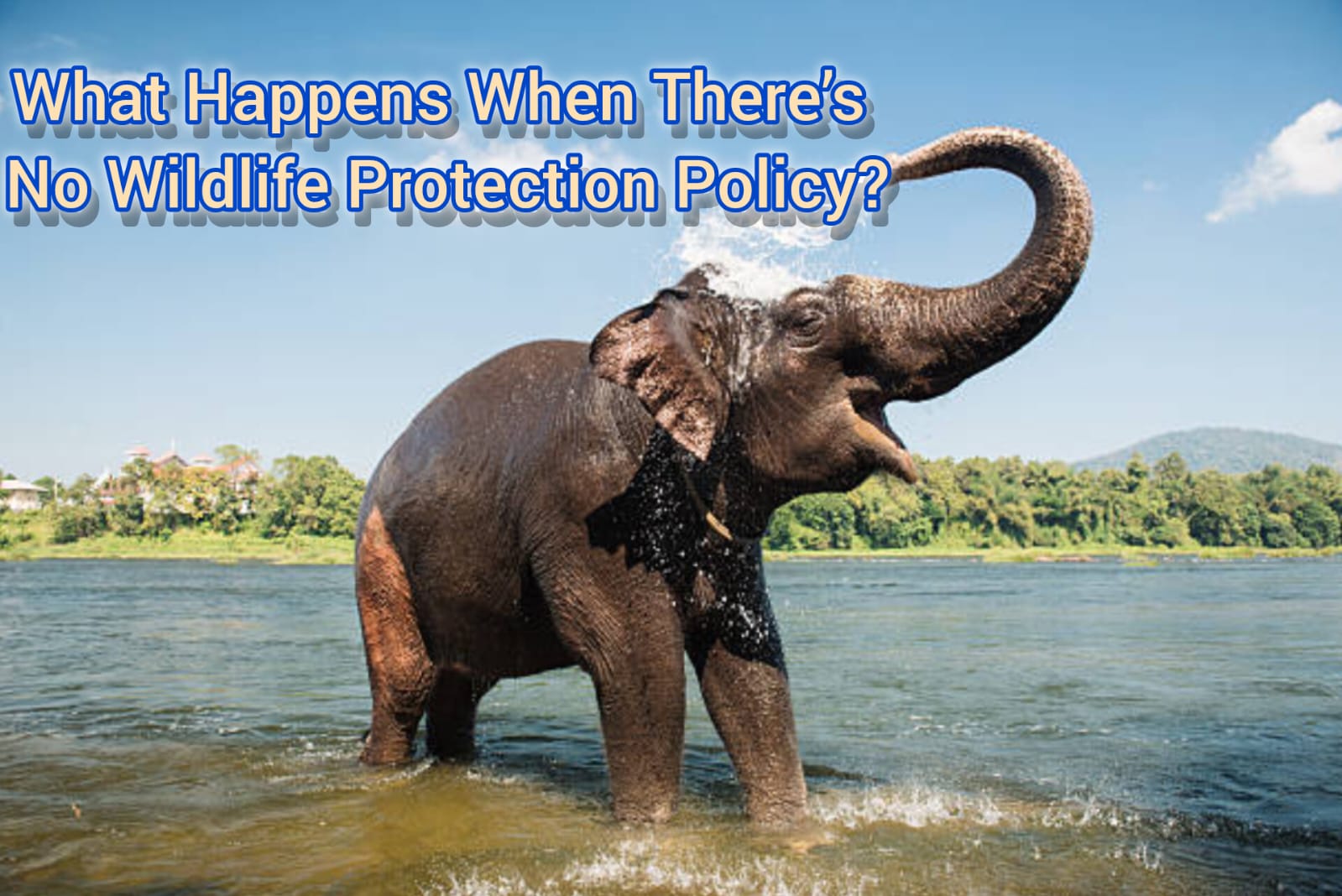Introduction
It was in a landmark finding that the Kerala High Court raised concerns over the stark lack of a consistent policy of ensuring protection of wildlife through commercial filming in ecologically fragile zones in the case of Angels Nair v. Union of India and Ors. Although the Court dealt with the issue of environmental and wildlife protection, it also stated that there was need to balance the cultural activity with conservation of habitat areas in the protected areas.
The issue of the Wildlife Protection Policy has the following background
The petition arose after the shoot of Malayalam film, Unda, in a reserve forest in the Kasaragod district of 2018. Angels Nair-in her personal presence-has filed a writ petition arguing that the shooting has happened without thinking about the impacts on the environment and the issue of concern is there any established wildlife protection policy to give permission to conduct commercial activity in the national parks, sanctuaries, tiger reserves and the like protected areas.
Legal and demand of a Policy on the protection of Wildlife
The petitioner pointed out that although a 2013 government order specified the various fees and security deposit in such shoots, it did not include any environmental protection, mitigation, or suggestions pertaining to the clearance of a sensitive area. It also questioned unrestricted commercial use of delicate habitats through lack of existence of a wildlife protection policy.
The State Forest Department reacted with a 2013 GO, which carried out only financial and procedural interventions–not substantive ecological control. There was presented no policy framework, which guarantees environmental protection or shoots behavior control in wildlife areas.

CLICK HERE TO REGISTER FOR THE COURSE
Observations of Kerala High Court on the Wildlife Protection Policy
A Division Bench which included Chief Justice Nitin Jamdar and Justice Basant Balaji observed
“Should we be open to commercial film shootings in national parks, wildlife sanctuaries and tigers reserves? Has there been any policy in this regard formulated by the State other than rates fixing?”
The Wildlife Protection Policy case propelled somber reflection of the Court over the environment and demanded of the State, whether such acts should be allowed and what measures in that eventuality at all. Focusing on the fact that fees are not sufficient to replace ecological planning, the Court ruled that on the next hearing on June 23, the Forest Department was deemed to secure instructions and produce a thoughtful response. Even an Amicus Curiae, Advocate Manu Vyasan Peter had been constituted to help in finding a balance between the ecological issues and business interests.
Conclusion
The Angels Nair v. Union of India & Ors. illuminates the necessity of a well-formed wildlife protection policy that refers to commercial activities inside the guarded forests. The Kerala High Court has strengthened the argument on the concern that ecologically sensitive areas cannot be regulated by merely giving cost-based license to the permissive authorities. This sample supports the necessity to consider environmental stewardship during the design of policy, which must encompass the need of expressing cultural attributes and habitat conservation.
About Author
Asmi Basu, a fifth-year, ninth-semester, Int. BBA LL.B (H.), law student at the Department of Juridical Science, JIS University, Kolkata, demonstrates a developing expertise in legal writing, with a keen interest in the dynamic legal environment. Her areas of focus include Criminal Laws, Human Rights, Women and Child Laws, Corporate Law, Property and Land Laws, and Constitutional Law and remedies. Ms. Basu is committed to leveraging her writing to advocate for social issues that warrant focused attention from relevant authorities.

